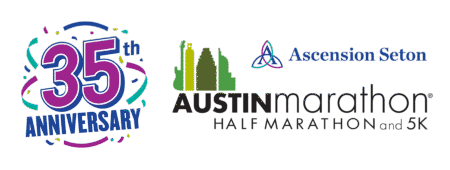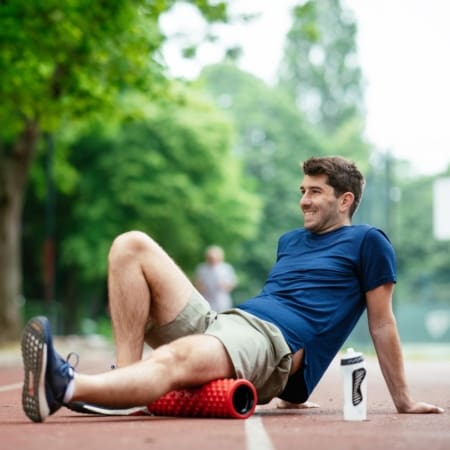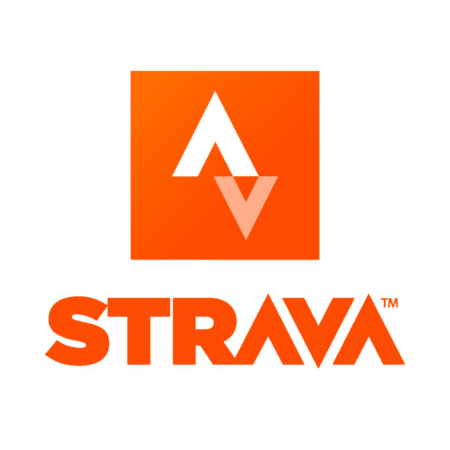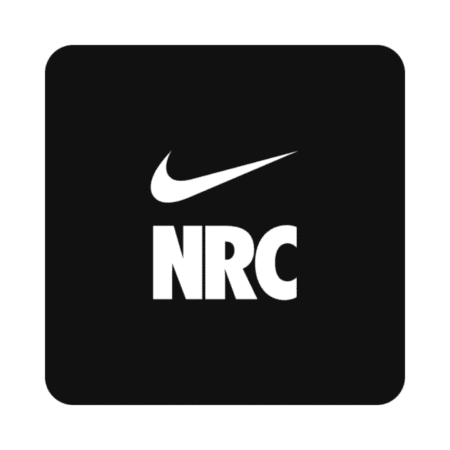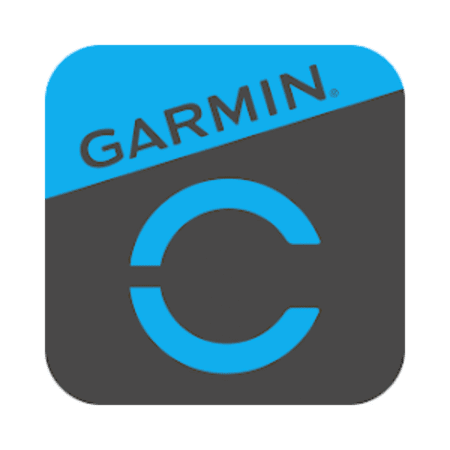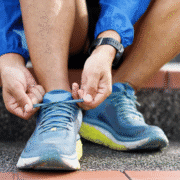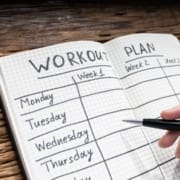Roll Your Way to Austin Marathon Success: Foam Rolling 101!
Hey Austin Marathoners! Ever wake up after a tough training session feeling stiff and sore? We’ve got a magical friend to introduce—meet your new best running buddy: the foam roller!
If you’re gearing up for the Austin Marathon (and you know you are), foam rolling could be your secret weapon to stronger, happier runs. Today, let’s roll into everything you need to know about using a foam roller to boost your marathon training and recovery.
What is Foam Rolling Anyway?
Foam rolling, also known as self-myofascial release, is basically like giving yourself a deep-tissue massage. It’s all about applying gentle (okay, sometimes not-so-gentle!) pressure to tight muscles to break down knots, release tension, and improve blood flow. Whether you’ve just conquered your long run along Lady Bird Lake or pushed through some hills in Barton Creek, foam rolling will speed up your recovery and keep your body race-ready.
Why Every Austin Marathoner Needs Foam Rolling
Here’s why foam rolling deserves a spot in your marathon-training toolkit:
- Reduces muscle soreness (adios, next-day stiffness!)
- Increases flexibility and range of motion (hello, longer strides!)
- Prevents injuries by keeping muscles healthy
- Accelerates recovery time (important when race day approaches!)
- Enhances overall running performance
Simply put, foam rolling helps you feel better, run faster, and recover quicker—exactly what you need on your road to the Austin Marathon finish line!
How to Use a Foam Roller: Step-by-Step Guide for Austin Marathoners
Ready to roll into relief? Follow these easy steps to get started:
1. Pick the Right Roller
- Start with a softer foam roller if you’re new; advance to a firmer roller once you’re comfortable.
- Local running stores in Austin carry great options—stop by and support a local business!
2. Roll Slowly and Deliberately
- Place the foam roller under the muscle group you want to target.
- Slowly roll back and forth, pausing on tight or tender spots (hello, trigger points!).
- Spend about 30-60 seconds on each muscle group, focusing on deep breathing.
3. Hit Your Key Running Muscles
For marathoners, focus on these key muscles:
- Calves: Essential for tackling Austin’s hills.
- Hamstrings and Quads: Crucial for your long-distance training runs.
- IT Band: Important to prevent those infamous runner’s knee aches.
- Glutes and Hip Flexors: Vital for running efficiency and injury prevention.
Foam Rolling Routine: Ideal for Austin Marathon Training
Try this quick, runner-friendly foam rolling session after your next run along the Austin trails:
- Calves: 1 minute each leg
- Hamstrings: 1 minute each leg
- Quads: 1 minute each leg
- IT Bands: 30-45 seconds each leg (take it easy here!)
- Glutes and Hip Flexors: 1 minute each side
Make this part of your training ritual, and you’ll thank us on race day!
Foam Rolling DOs and DON’Ts
| ✅ DO | 🚫 DON’T |
|---|---|
| Roll gently and gradually increase pressure. | Don’t rush through your foam rolling session. |
| Breathe deeply and relax your muscles. | Don’t roll directly over your joints or bones. |
| Stay consistent—foam roll regularly! | Don’t ignore sharp, persistent pain (see a pro!). |
Ready to Roll Your Way to the Austin Marathon Finish Line?
Consistency is key! Foam rolling regularly—especially after your toughest runs—will help ensure your muscles are happy, healthy, and ready for the Austin Marathon challenge.
And remember: Foam rolling isn’t just about recovery; it’s about investing in yourself and your running goals. Give yourself the gift of smoother, stronger runs, and roll your way into your best Austin Marathon yet!
See you at the finish line—rolling, smiling, and strong!
Happy Rolling, Austin Runners!
